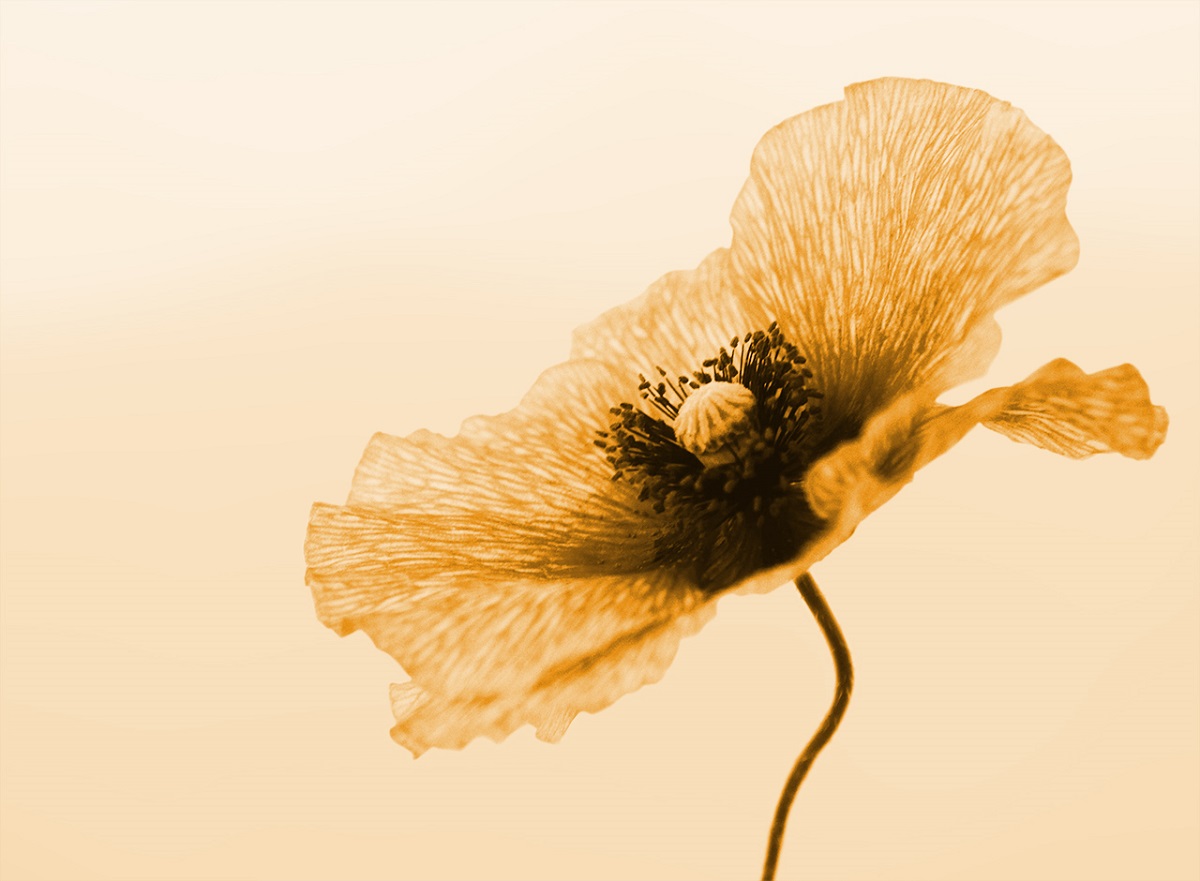Join our community
Receive the TR Together newsletters.


A therapeutic impasse can lead to self-doubt among therapists, as well as concerns that the client may terminate the therapy prematurely. We aim to demonstrate that these challenging moments can offer great insights for both client and therapist, if they can be worked through.
More recently impasses, collisions, and collusions have been acknowledged as inherent and valuable aspects of clinical practice. This means that the experience of getting stuck or encountering a therapeutic impasse can actually help the therapist to understand more about the client's inner world and potentially shed light on how the histories of both the client and therapist are interacting unconsciously. Identifying, naming, and making sense of these clinical impasses can serve as a way forwards
Our speakers cover themes including the recognising unconscious dynamics between therapist and patient which maintain a stasis in the therapy, the impact of intergenerational transmissions on progress, the phenomenon of "othering" within the context of relational psychoanalysis and racialized enactments, and the delicate art of being affected by the therapeutic process without becoming overwhelmed by it.
The primary objective for this series is to support therapists' capacity to navigate and work through these challenging phases. By participating in this series, therapists can gain the confidence and skills necessary to effectively address moments when they and their clients find themselves in the challenging position of feeling "stuck."
In this presentation Anthony Bass considers aspects of impasse, in therapies in which either therapist or patient comes to feel that they have reached a point of diminishing returns, or that the therapy has come to do more harm than good, from a two-person, intersubjective perspective that locates such problems and their possible solutions in therapist and patient mutually. Therapy at such times requires working through of the problem from both sides, with special attention to the dialogue of unconsciouses between therapist and patient as a source of illumination. Psychoanalytic therapies, when they are most helpful, are processes of personal discovery for both participants. Therapist and patient come to know more about themselves as a function of their encounter with one another, and both participants change as a result. Either patient or therapist may be the first to change, initiating an expansion of transitional space and therapeutic potential. I will consider such moments and some ways in which I believe a therapist can use him or herself to re-initiate change, growth and healing in the patient, therapist and therapeutic couple that can make possible a resumption of genuinely affecting therapeutic work.
Zack will discuss the presentation with the speaker and draw out some themes for exploration inspiring the group discussion.

Dr Zack Eleftheriadou MSc MA, Dip NCFED, Dip Psychopathology, is a Chartered Counselling Psychologist, Chartered Scientist, Supervisor and a Fellow of the British Psychological Society (HCPC reg). She has trained as an adult, child and parent-infant psychotherapist (UKCP) and is a member of CPJA/UKCP as a psychoanalytic psychotherapist. She lectures and has published in the following areas: developmental issues, cross-cultural work; including the text ‘Psychotherapy and Culture’. She has been working as a psychotherapist and an infant observation tutor for 30 years. She is currently supervising infant observation students and infant observation tutors. She is a guest lecturer and a member of The Bowlby Centre and is a visiting external examiner for Doctoral projects across the UK. Zack runs the consultancy service ‘Noema’, providing psychotherapy and supervision. She feels passionate about early intervention and presents on the psychology of the baby for midwives and paediatric nurses.

Anthony Bass, Ph.D. is an associate professor and clinical consultant at the New York University Postdoctoral Program for Psychoanalysis and Psychotherapy. He is on the teaching faculty and a training and supervising analyst at the Columbia University Center for Psychoanalytic Training and Research in the department of psychiatry. He was a founder and is president of the Stephen Mitchell Center for Relational Studies, and a founding director of the International Association of Relational Psychoanalysis and Psychotherapy. He was a founding editor and is editor in chief emeritus of Psychoanalytic Dialogues: the International Journal of Relational Perspectives. He is on the board of the Sandor Ferenczi Center at the New School in New York City. He leads study groups and conducts clinical workshops around the US and Europe on the therapeutic relationship, and Ferenczi studies.
Standard Registration: £45
Trainee, NHS staff and Third Sector: £38.25
Group Rates (for 4 or more): Contact makeritafaumui@trtogether.com for customised pricing.
Trainee discount: To qualify for this offer you need to be taking a course which provides core practitioner training in counselling or psychotherapy that is at least 1 year full time or two years part time and recognised by the BACP or UKCP. TR Together reserve the right to ask to see evidence of training being undertaken.
Alumni: If you are a TR Alumni (TRAPC member) please email anitabruz@tavistockrelationships.org for a discount code to add at checkout
Your CPD Certificate will be available to download from your TR Together account within 48 hours of purchase.